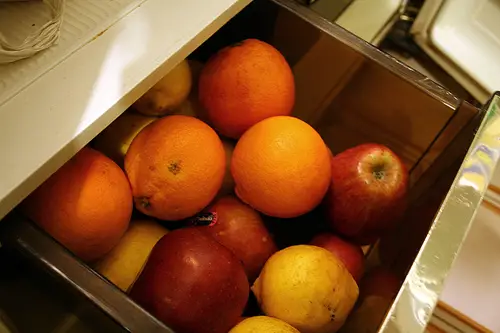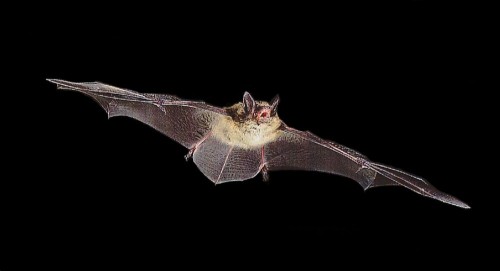Good News: No More Mouldy Fruit!
Are you someone who tends to forget what’s hidden way back in the fridge? Or are you someone who accidentally tends to buy too many groceries? If so, there is some fantastic news for you!
Researched done by microbiologists at the Nottingham and Loughborough University has found out that a cold plasma beam (which they likened it to ‘Star Wars’) placed on soft fruit would be able to kills off spores which is the main problem of mould creation and able to ward off it away for up to a week. For those of you who never heard of cold plasma before, it is a combination of oxygen and helium gas concentrated into a lightening-like beam. This method is commonly used by medics for cleaning bacteria from wounds.
The cold plasma which has a temperature of between 30 to 40 degrees Celsius was tested on soft fruit to try and kill off any type of fungus that spreads over time or even when the fruits are bruised. The results run on strawberries shows that the fruits have the ability to last up to five days than normal fruits and the fruit in the end dried out even before any mould able to form onto the fruits.
The power of the cold plasma beam was first discovered accidentally by Dr Cath Rees who is an Associate Professor of Microbiology at the University of Nottingham together with his team during a medical research. According to her we can treat soft fruit easily using plasma beam. She said, ‘The fruit is notoriously difficult to keep ‘fur free’ for long as it bruises easily when handled and becomes contaminated. We tried treating a strawberry using the beam and it dried out before it went mouldly and lasted for at least a week at room temperature’.
The temperature of the cold plasma beam is round about 30-40 degrees which is colder compared to normal lightning that has very high temperature. ‘It is still under the development stage and it is within the possibility of less than a year to show lots of proof on its benefits before the findings can be mass-marketed’, she added.
The project was supported by the East Midland Food and Drink iNet and it’s director, Mr. Richard Worrall said, ‘We are proud to support this type of innovate research project which has a very high importance especially for the fruit sector which in the end will help extend the shelf life of soft fruit and prevent wastage could bring major benefits.’



